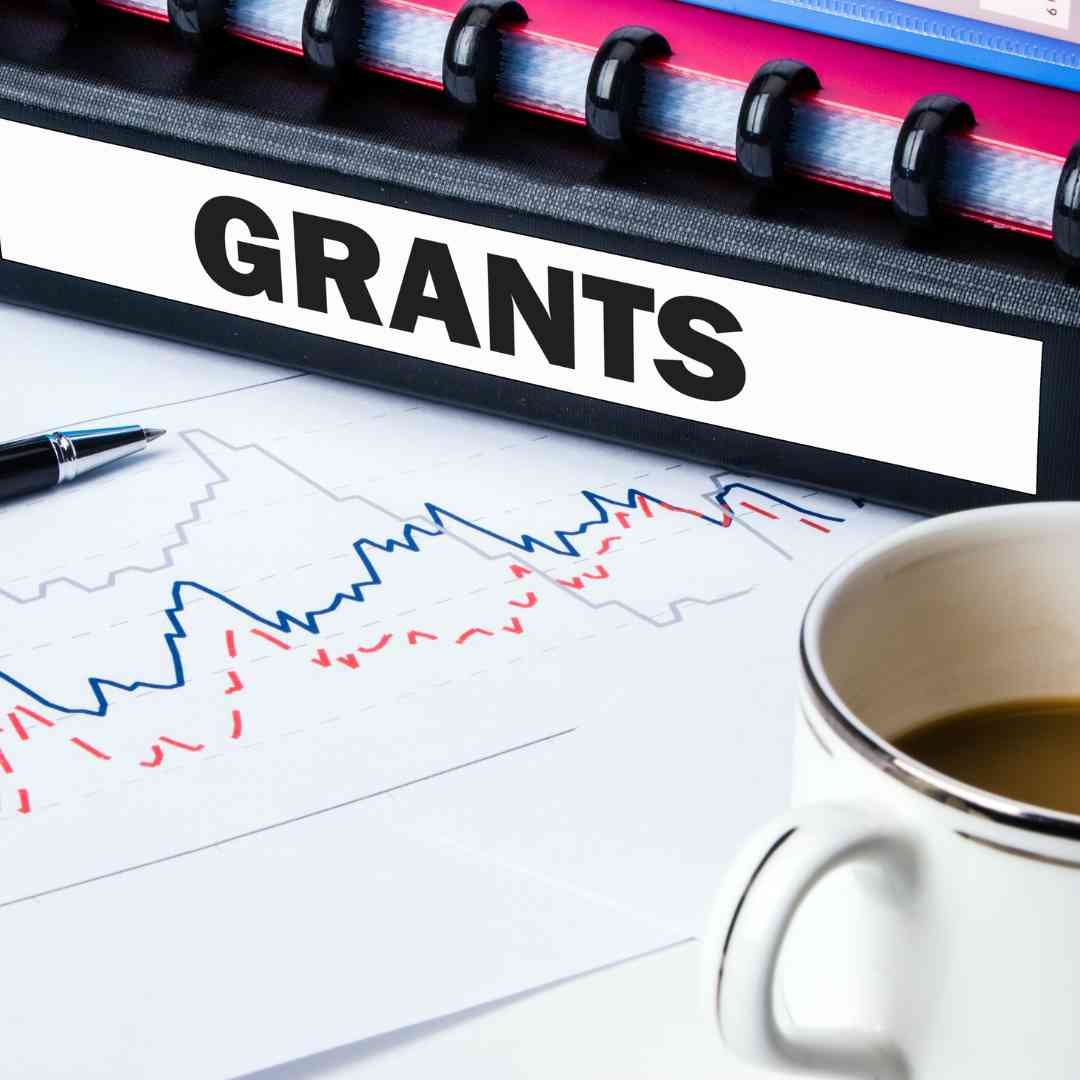The Art of Winning Grants

In this article, we will explore techniques and tactics that can help you write winning grant proposals to support transportation programs. By understanding the unique needs of funders, utilizing effective strategies, and highlighting the significance of your programs, you can increase your chances of securing the funding needed to make a lasting difference in the lives of those who rely on these essential services.
Understanding the Grant Landscape
Before embarking on your grant search, it is crucial to gain a comprehensive understanding of the grant landscape for transportation programs. Consider the following steps:
Research Funding Sources: Identify potential funding sources that support initiatives in transportation for the elderly, special needs, and disabled populations. Explore federal, state, and local government agencies, private foundations, corporate philanthropy programs, and nonprofit organizations that focus on these areas. Research their funding priorities, eligibility criteria, application deadlines, and the types of transportation projects they typically support.
Utilize Online Databases: Utilize online grant databases and search engines that specialize in connecting grant seekers with funding opportunities. Examples include GrantWatch, Foundation Directory Online, and GrantStation. These platforms provide comprehensive information on grants, including eligibility requirements, deadlines, and contact information.
Government Agencies: Government agencies at the federal, state, and local levels often provide grants to support transportation programs. Research agencies such as the U.S. Department of Transportation, state departments of transportation, and local transit authorities.
Community Development Block Grants (CDBG): The Community Development Block Grant (CDBG) program, administered by the U.S. Department of Housing and Urban Development (HUD), provides funding to state and local governments for community development projects. These grants can be used for a wide range of activities, including transportation programs that benefit the elderly, special needs individuals, and those with disabilities.
Philanthropy Programs: Many corporations have established philanthropy programs that provide grants to nonprofit organizations addressing social issues, including transportation programs for the elderly, special needs individuals, and those with disabilities. Research corporations that prioritize corporate social responsibility and have a vested interest in community development and accessibility. Visit their websites or contact their corporate social responsibility departments to gather information about their grant programs. Tailor your proposals to align with their funding priorities and demonstrate how your transportation program aligns with their values and goals.
National and Local Charitable Trusts: National and local charitable trusts are dedicated to supporting organizations that address various social needs. Research trusts that focus on issues related to the elderly, special needs individuals, and those with disabilities.
Examples include the Brookdale Foundation Group, the Archstone Foundation, and the Harry and Jeanette Weinberg Foundation. Review their grant guidelines and funding priorities to ensure alignment with your transportation program. Pay attention to their application deadlines and requirements, and tailor your proposals to showcase the impact and benefits your program will bring to the targeted populations.
Understand the Funder’s Priorities and Requirements
Before embarking on the grant proposal writing process, it is essential to thoroughly research and understand the priorities and requirements of the potential funders. Each funding organization may have specific goals and preferences when it comes to supporting transportation programs. By aligning your proposal with their priorities, you demonstrate that you have carefully considered their mission and objectives.
Conduct Comprehensive Needs Assessments
Needs assessments are crucial in grant proposal writing, particularly for transportation programs serving the elderly, disabled, and individuals with special needs. Conducting thorough needs assessments helps you identify gaps and challenges in the existing transportation services and demonstrate the necessity of your proposed initiatives.
Clearly Define Measurable Goals and Outcomes
Grant funders want to see clear goals and measurable outcomes that demonstrate the impact of your transportation programs. Clearly define the goals you aim to achieve and articulate how they align with the funder’s priorities. Ensure that your goals are specific, realistic, and time-bound.
Craft a Compelling Narrative
A compelling narrative is essential for capturing the attention and interest of grant reviewers. Tell a compelling story that highlights the challenges faced by the target population and the transformative potential of your transportation programs.
Collaborate and Form Partnerships
Collaboration and partnerships can significantly enhance the credibility and impact of your grant proposal. Seek out potential partners, such as local government agencies, nonprofit organizations, transportation providers, and community groups, that share a common interest in improving transportation access for the target population.
Design Realistic Budgets
A well-designed budget demonstrates your organization’s financial management capabilities and ensures that your proposed programs are financially feasible. Develop a detailed and realistic budget that includes all relevant expenses, such as staff salaries, vehicle maintenance, fuel costs, insurance, and administrative overhead.
Review, Edit, and Seek Feedback
Grant proposals require careful review and editing to ensure clarity, coherence, and adherence to the funder’s guidelines. Once you have completed a draft, take the time to review it multiple times, checking for grammar, spelling, and formatting errors. Ensure that the proposal flows logically and that each section supports the overall narrative.
Ready to elevate transportation services for the elderly and special needs individuals? Experience our software firsthand by scheduling a demo and fostering a more connected community.
ABOUT THE AUTHOR
MIKE B.
Mike is a seasoned transportation consultant and technology advocate. Drawing from years of experience in the transportation industry, Mike bridges the gap between innovative software solutions and practical implementation strategies. His articles focus on the transformative power of software for organizations that deliver transportation options for the elderly, special needs and disabled communities. Outside his writing endeavors, Mike enjoys exploring the landscapes of Costa Rica and advocating for sustainable transportation initiatives.
Recent Comments